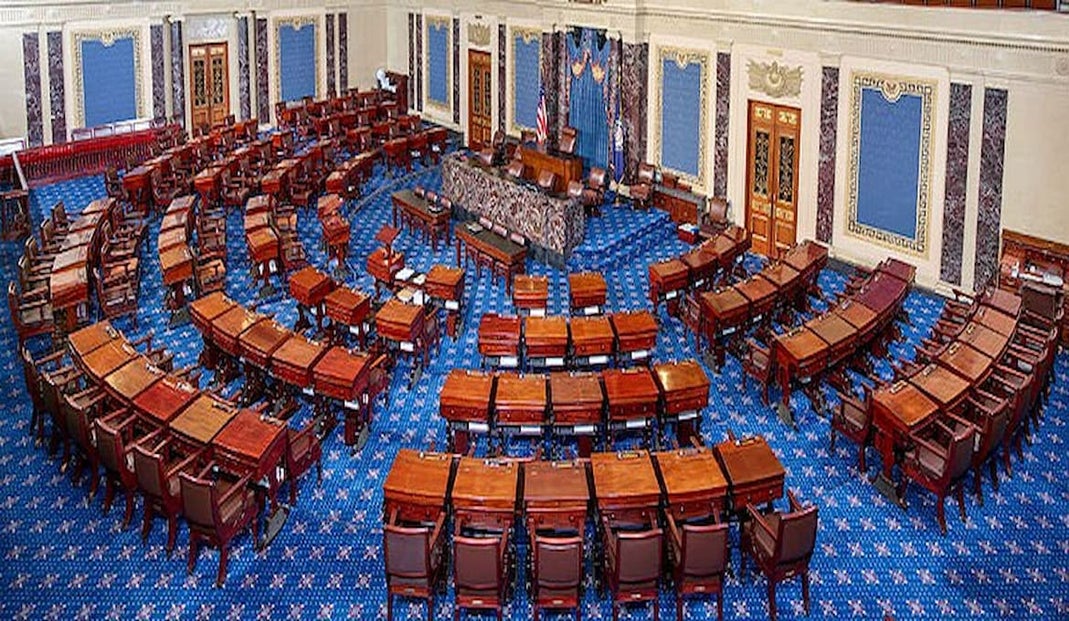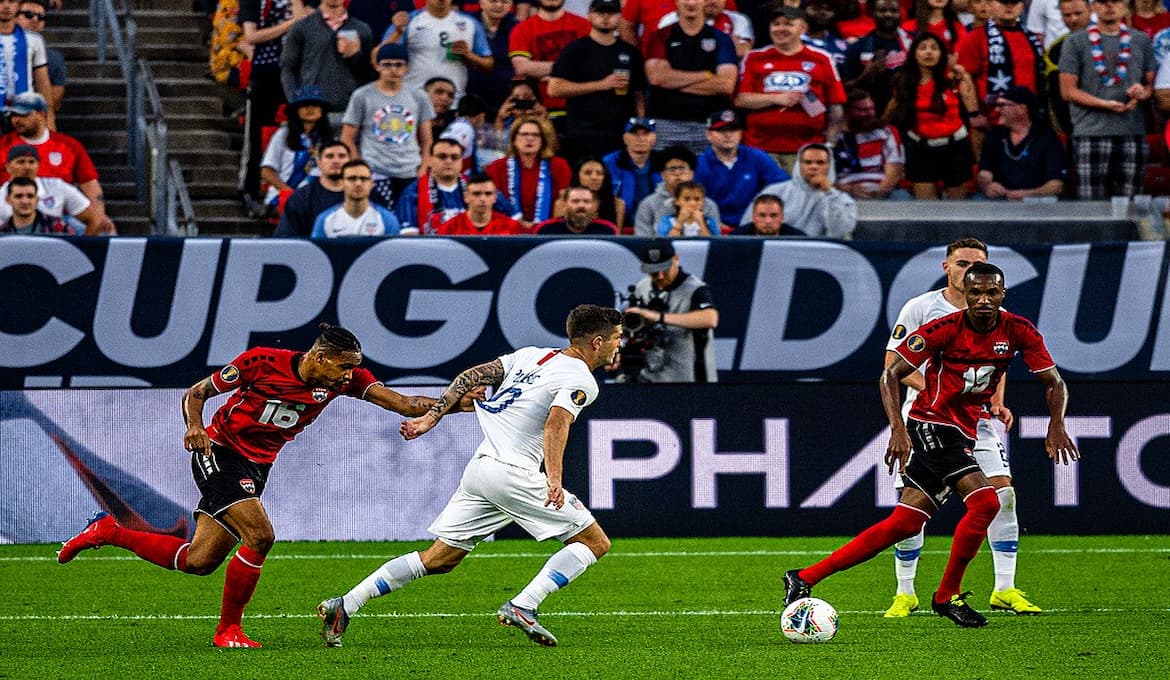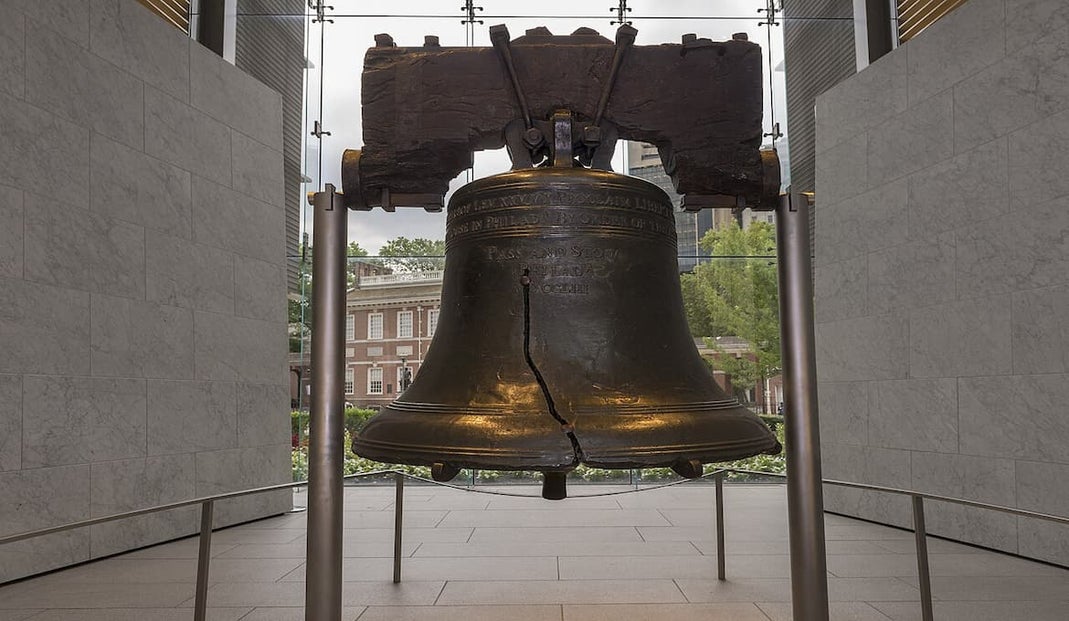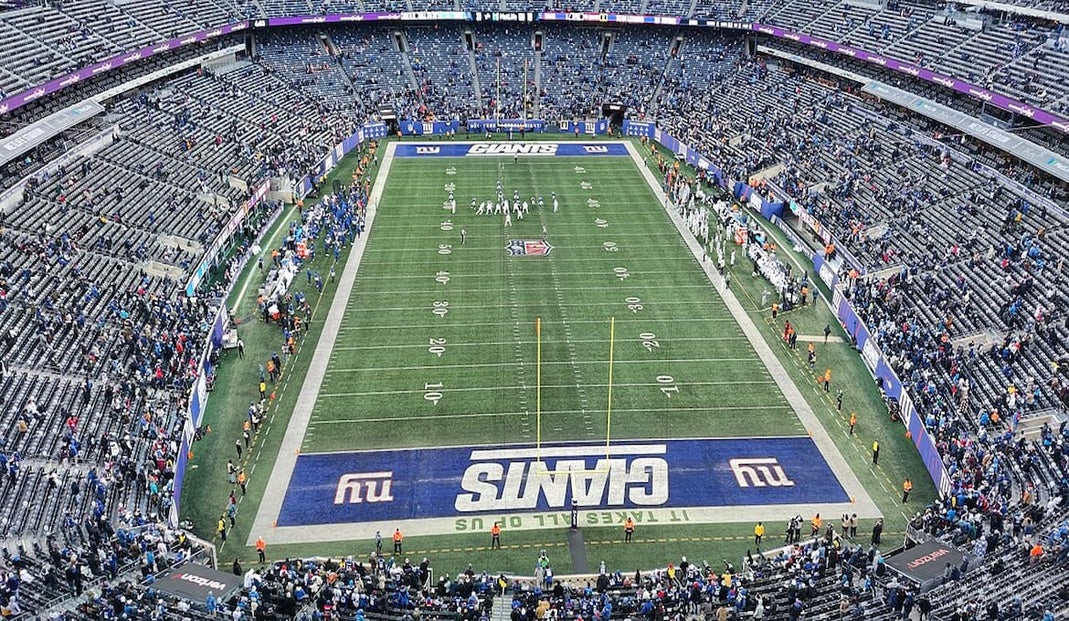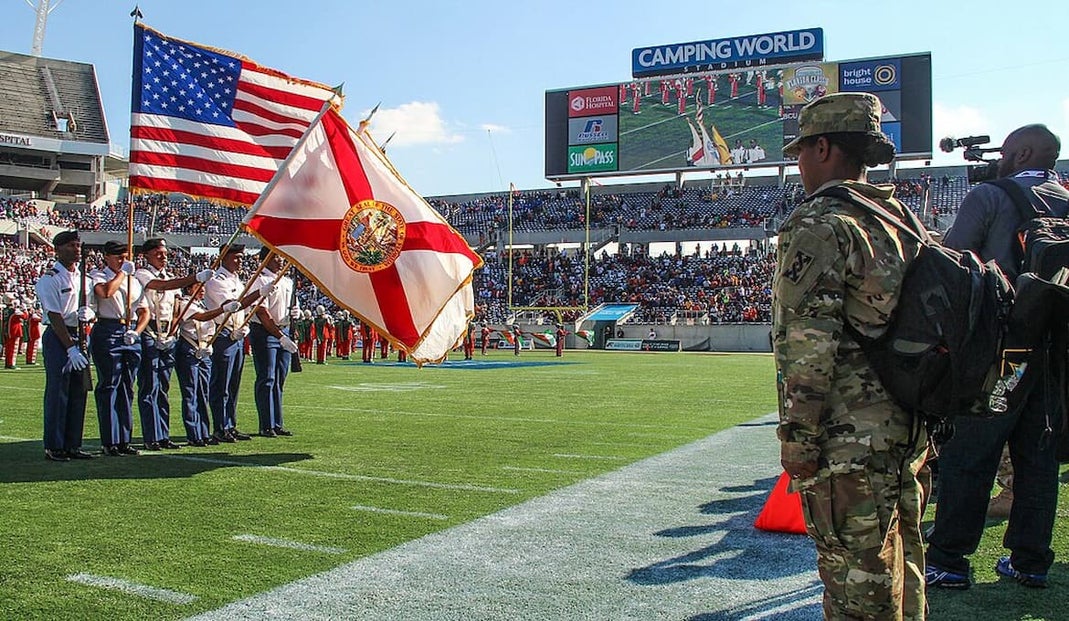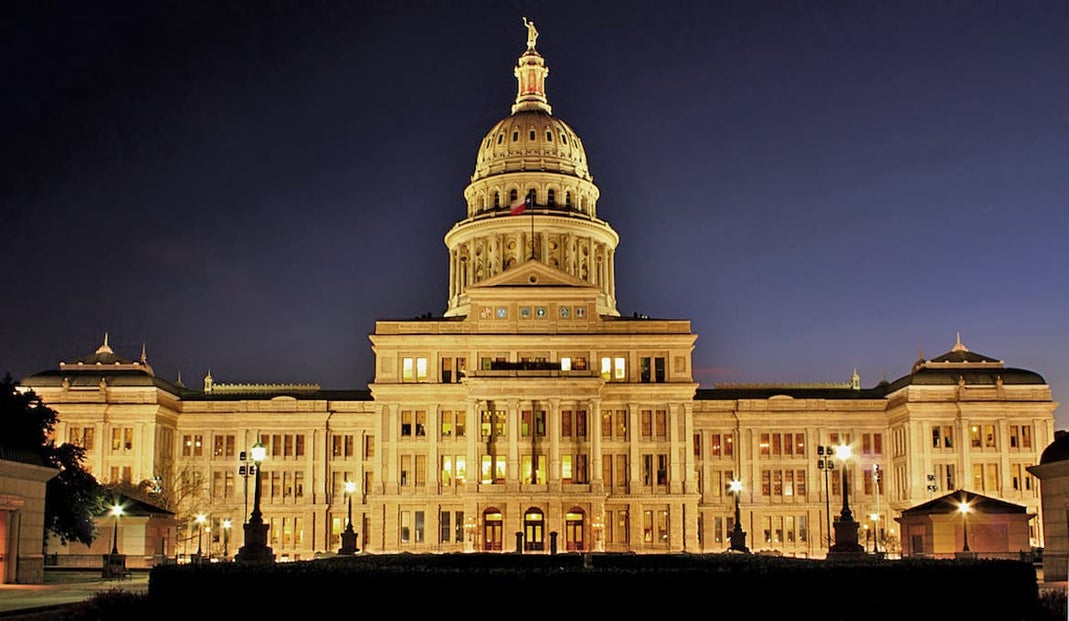Operators Will Have Questions to Answer
While the discussion is being billed as respectful conversation, sportsbook operators will be forced to answer some tough questions. The practice of limiting customers is meant to protect operators from suspicious betting or big-money sharps. However, they have also been accused of restricting average bettors, leading many to question precisely what and how those decisions are made.
While we expect operators to resist giving away too much information, the MGC will push to obtain as much detail as possible. Public uproar over the practice has been rising, motivating the regulator to release this information.
Will Sportsbooks Show Up?
The upcoming discussion will be the second time the MGC has attempted to discuss the public discuss the practice with operators. However, no active operators arrived on the day of the talk. That left the MGC to host the event alone without new information about limiting customers.
Several sportsbooks pointed to the public nature of the discussion as a reason for not showing up for the event. The concern is that operators would need to reveal their trade secrets in front of their competitors, the public, and the media. The MGC has acknowledged that concern but insisted that this talk be open to the public.
While the deadline for the new event is set, we do not have confirmation that any operators plan to participate. They simply didn’t show up to the last attempt, so there is a chance they could opt to do it again.
Talks Could Have National Implications
Regulators across the US have been giving sportsbooks some leeway in their business practices, including limiting customers. That hasn’t been the case with the MGC, which has aggressively gone after operators who violate rules. That includes their infamous battle with Barstool Sportsbooks, which played a role in the decision to close the platform.
While the topic of limiting bettors will focus on Massachusetts, the practices discussed will be nationwide. If the talks reveal some controversial practices, it could lead to a slew of states updating their laws to stop them, further shifting the balance between regulators and sportsbooks.








